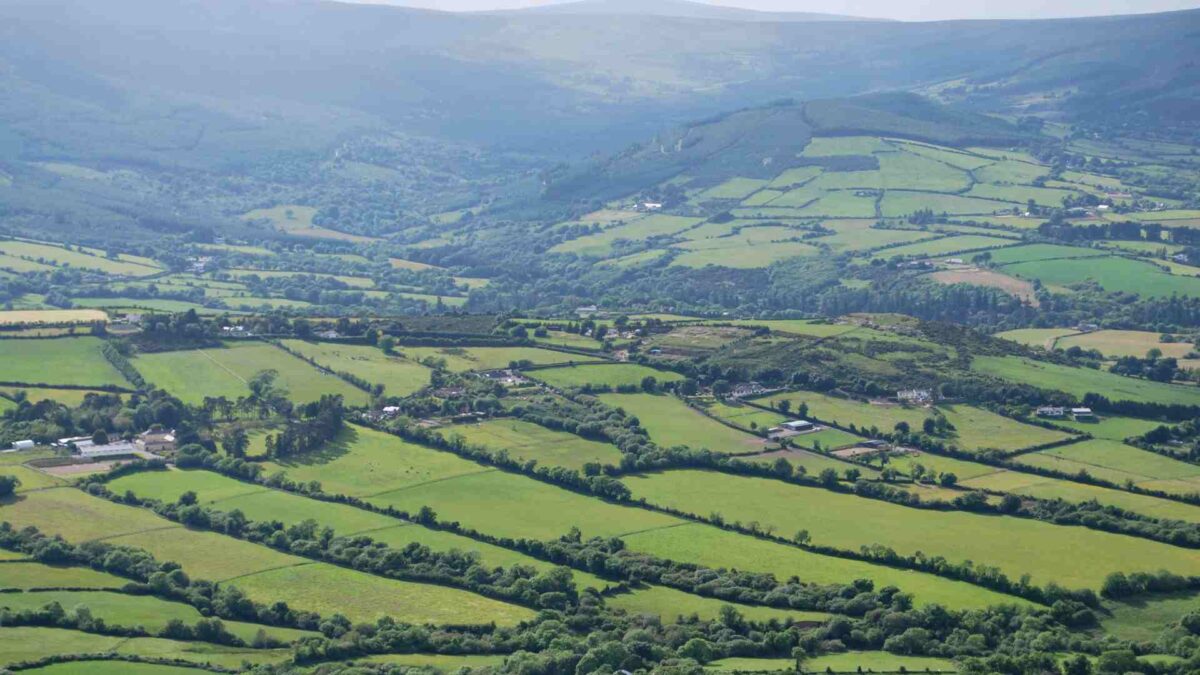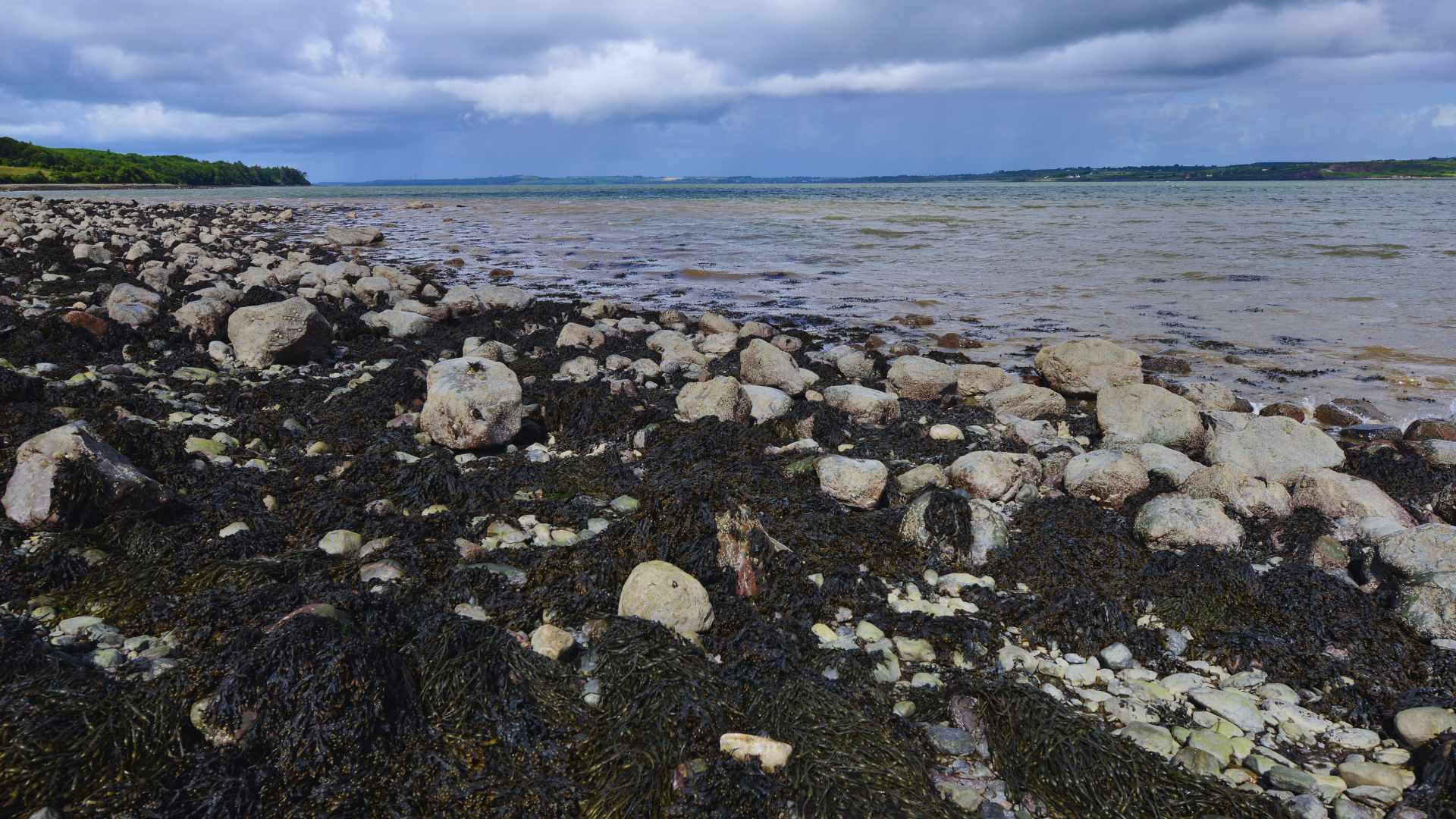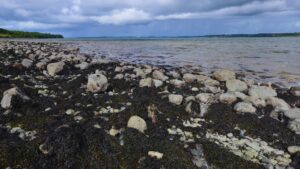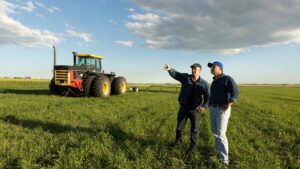
Farming Shift Could Boost Biodiversity, Says EU Research

New EU research says smarter, less intensive farming could slash agricultural emissions by nearly a third — and bring nature back in the process.
A fresh policy brief from the LAMASUS project reveals that strategic de-intensification — think fewer animals per hectare, less fertiliser, more nature-friendly practices — could deliver big climate and biodiversity wins without a major hit to farmers’ pockets.
Researchers found that scaling back intensive farming on just 7% of EU farmland in key “win-win” zones could cut emissions by 12 million tonnes of CO₂ a year — nearly 4% of the EU’s 2030 land-use climate target.
Even better? It could boost native species by 1% — a level of biodiversity recovery that took Europe nearly two decades to achieve between 2000 and 2018.
Some countries like Poland, Austria and Slovenia have lots of high-impact land but lower investment in nature-friendly farming. Redirecting CAP funds there could offer more bang for every euro.
The study also backs flexible, result-based payments for farmers — rewarding real-world improvements in soil, species, and carbon rather than a one-size-fits-all subsidy approach.
Researchers say the EU’s Common Agricultural Policy needs to better align funds with areas where change will have the biggest impact — helping climate and biodiversity without threatening food security.
LAMASUS, a Horizon Europe project, brings together 17 partners from eight countries, including Austria, Germany, and Poland, to help chart a climate-neutral future for European farming.
Share this WeathÉire story:





















